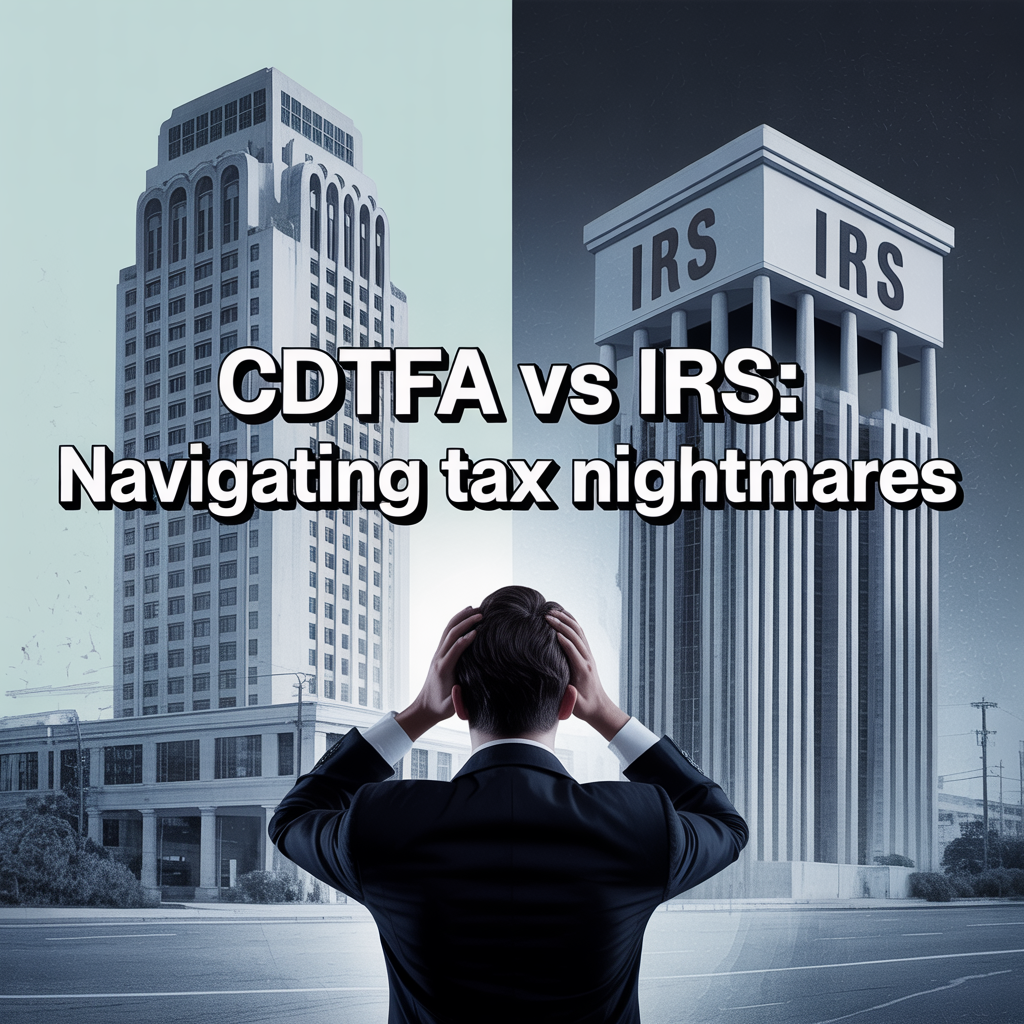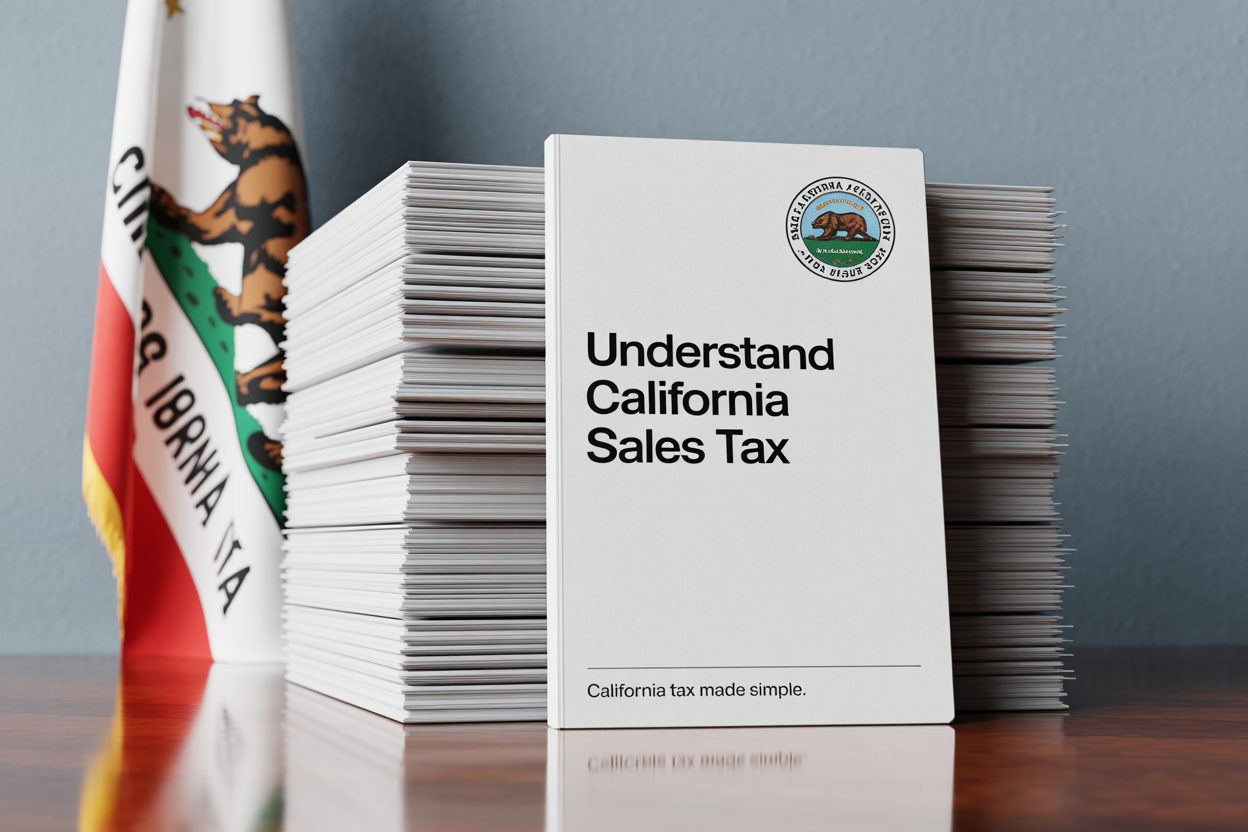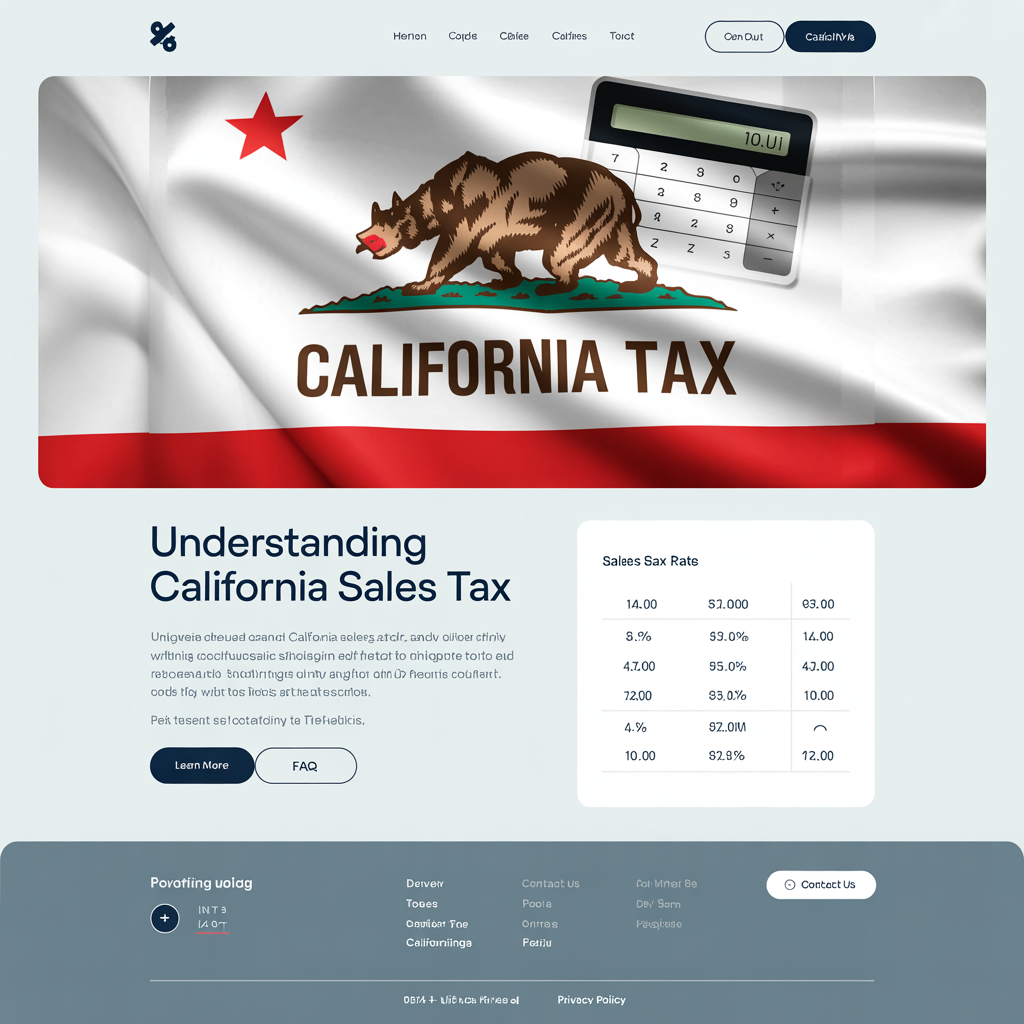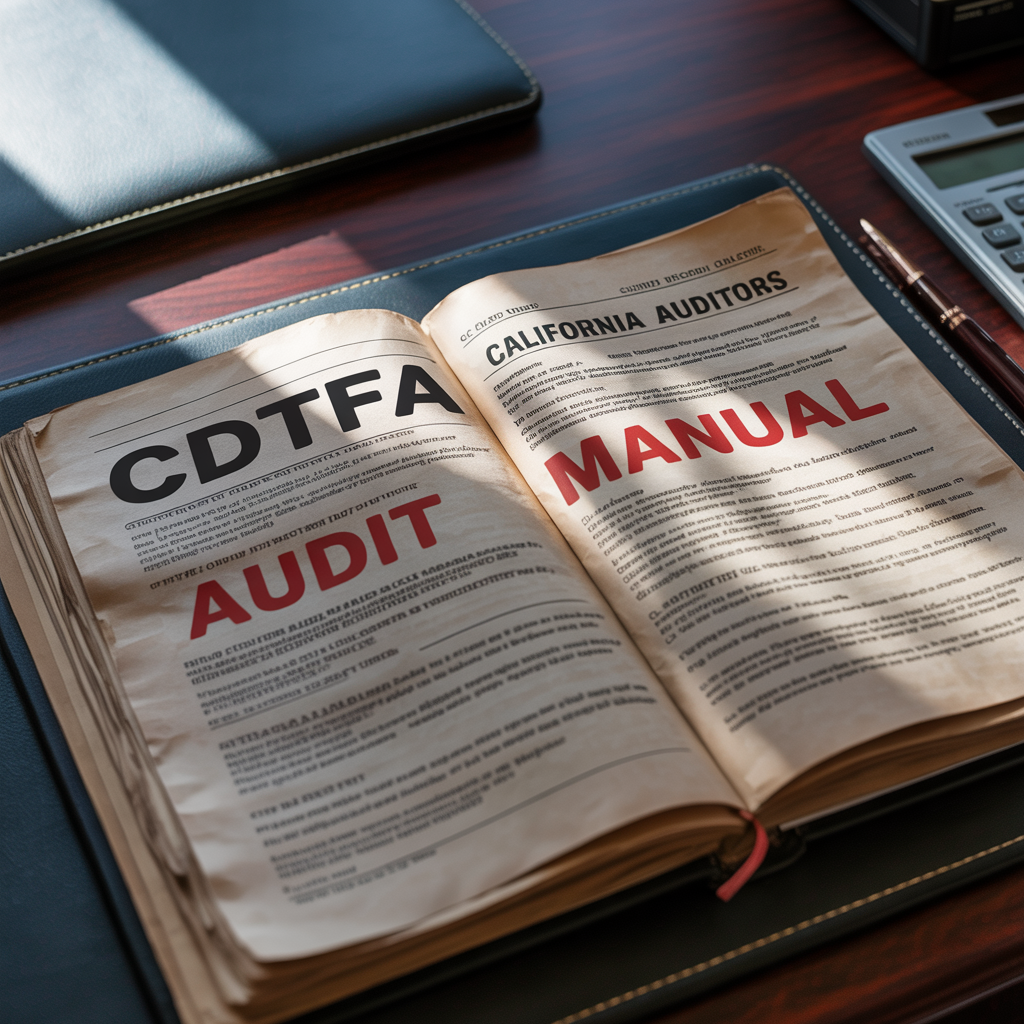CDTFA vs IRS: Which Is Worse for California Business Owners?
CDTFA vs IRS: Which Is Worse for California Business Owners?

If you’ve been hit with a tax notice, audit, or collections action in California, it might not be the IRS knocking—it could be the California Department of Tax and Fee Administration (CDTFA). And if you’ve tangled with both, you already know: one isn’t necessarily easier than the other.
The IRS and CDTFA are two powerful taxing authorities, but they operate very differently. One focuses on federal income and payroll taxes. The other enforces California’s sales, use, and excise tax laws—and they’re often more aggressive, less flexible, and more confusing.
At Boulanger CPA and Consulting PC, we represent business owners dealing with both agencies, especially those in Orange County and Southern California. In this article, we’ll break down:
- The key differences between CDTFA and IRS audits
- Why CDTFA audits often hit harder and faster
- How each agency enforces collections
- What you need to know if you’re facing either—or both
What Is the CDTFA?
The California Department of Tax and Fee Administration (CDTFA) is California’s primary tax enforcement agency for:
- Sales and use tax
- Excise taxes (alcohol, tobacco, fuel, cannabis)
- Environmental fees
- And increasingly, collection of debts referred by the EDD
It replaced the former Board of Equalization (BOE) in 2017 and now handles billions in annual collections from California businesses. CDTFA audits are particularly concerning for e-commerce sellers, which is why understanding CDTFA audit red flags for online sellers is critical.
What Is the IRS?
The Internal Revenue Service (IRS) is the federal agency responsible for:
- Federal income taxes
- Payroll tax enforcement
- Self-employment tax
- Corporate and partnership filings
- Taxpayer identification and penalty administration
If you don’t file or pay federal taxes properly, the IRS is the agency that will pursue you. Understanding the IRS audit assessment process is key for business owners to prepare and respond effectively.
IRS vs CDTFA – How Audits Differ
| Audit Area | CDTFA | IRS |
|---|---|---|
| Scope | Sales, use, and excise taxes | Income, payroll, and federal excise |
| Audit Trigger | Industry risk, return anomalies, unfiled returns | Return discrepancies, underreported income, late filings |
| Methodology | Statistical sampling, markup testing, POS reviews | Document-based analysis, income verification |
| Auditor Tone | Often aggressive and inflexible | Often aggressive and inflexible Usually professional but slow and thorough |
| Audit Period | Usually 3 years; up to 8 for fraud | 3 years; up to 6+ for substantial understatement |
| Common Target | Restaurants, retail, contractors, e-commerce | All business types; high-income earners; cash businesses |
CDTFA: Why It Can Be More Dangerous Than the IRS
While the IRS carries significant authority, CDTFA audits often feel more severe—especially for small business owners. Here's why:
1. CDTFA Uses Estimates and Extrapolation
If your records are incomplete, the auditor will estimate your sales, apply markup formulas, and extrapolate your liability across the audit period. This can result in massive overassessments.
2. CDTFA Has Less Flexibility
Unlike the IRS, CDTFA doesn’t offer streamlined installment agreements or easy abatement of penalties. If you want to protect your business, knowing sales tax audit defense in California strategies is crucial.
3. CDTFA Auditors Are Often Industry-Specific
CDTFA auditors are trained by industry—meaning your restaurant or retail business may be audited by someone who knows exactly what to look for.
4. Collections Start Quickly
The CDTFA is fast to levy bank accounts, file liens, and escalate enforcement—sometimes without much warning.
IRS: What Makes Federal Enforcement Serious
The IRS isn’t easygoing, either. It tends to be:
- Slow but methodical — IRS audits take months but are deeply detailed
- Penalty-heavy — Late-filing and accuracy penalties can add up fast. Understanding challenging IRS penalties is important to reduce risk.
- Dangerous for payroll noncompliance — If you withheld payroll taxes and didn’t pay them, the Trust Fund Recovery Penalty (TFRP) can be personally assessed against you
- Backed by criminal enforcement — In extreme cases, the IRS can refer for prosecution. Knowing the IRS levy vs lien differences can help you understand your exposure.
Which Is Worse? It Depends on Your Case
If you’ve underreported cash sales or haven’t properly collected sales tax, a CDTFA audit can financially crush you—especially if your documentation is weak.
If you’re behind on income tax or payroll deposits, the IRS can levy your income, seize assets, and even pursue you personally. Multi-agency cases may also trigger California FTB audit triggers that complicate your situation.
We Defend Against Both
At Boulanger CPA and Consulting PC, we’ve handled:
- CDTFA audits of restaurants, retail stores, e-commerce sellers, and trades
- IRS income tax audits, payroll tax issues, and revenue officer enforcement
- Multi-agency cases involving
FTB,
EDD,
CDTFA, and the
IRS
We know how each agency thinks—and how to protect you from the worst-case scenario.
Serving Orange County and California Statewide
We defend businesses in:
- Orange
- Santa Ana
- Irvine
- Costa Mesa
- Anaheim
- Los Angeles
- San Diego
…and across California.
For strategies to protect your business, check out our resources and explore more in Defend What’s Yours.
Facing CDTFA or IRS Problems? Get Help Now.
Don’t wait until one (or both) agencies start levying your accounts. We’ll build a strategy and protect your business from aggressive tax enforcement.
📞 Call (657) 218-5700 or Schedule Your Confidential Consultation
Frequently Asked Questions
Is the CDTFA more aggressive than the IRS?
In many cases, yes. CDTFA auditors often use estimation methods like markup tests and industry averages, which can result in inflated sales tax assessments.
What makes IRS enforcement challenging?
The IRS has broad powers to issue bank levies, wage garnishments, and file federal tax liens. Federal collection actions often impact both personal and business finances.
Which agency audits more businesses in California?
The CDTFA frequently audits cash-heavy businesses like restaurants, vape shops, and convenience stores, while the IRS audits a broader mix of businesses and individuals.
How do penalties compare between CDTFA and IRS?
Both agencies impose significant penalties. CDTFA penalties can quickly double a sales tax balance, while IRS penalties accumulate through late payment and accuracy penalties.
Can a CDTFA audit trigger an IRS audit?
Yes. The CDTFA shares information with the IRS and Franchise Tax Board (FTB). One audit can trigger parallel audits across agencies.
What if I disagree with a CDTFA or IRS assessment?
You can appeal both, but CDTFA appeals typically go through the Office of Tax Appeals (OTA), while IRS appeals may advance to Tax Court.
Which is harder to resolve – CDTFA or IRS debt?
It depends. IRS debts can often be resolved through Offers in Compromise or installment agreements, while CDTFA is stricter with settlement approvals.
Should I hire a CPA for CDTFA or IRS problems?
Yes. Professional representation ensures your rights are protected, records are properly presented, and settlement or appeal options are fully explored.
Other articles of interest
📣 About the Author
Marc Boulanger, CPA is the founder of Boulanger CPA and Consulting PC, a boutique tax resolution firm based in Orange County, California and trusted by high-income individuals and business owners across Southern California.
He is the author of Defend What’s Yours: A California Taxpayer’s Guide to Beating the IRS and FTB at Their Own Game, available now on Amazon. The book offers a step-by-step plan for resolving IRS and FTB tax debt without losing your business, your home, or your peace of mind.
With over a decade of experience resolving high-stakes IRS and State tax matters, Marc brings strategic insight to complex cases involving wage garnishments, bank levies, unfiled returns, and six-figure tax debts. He is known for helping clients reduce or eliminate tax liabilities through expertly negotiated settlements and compliance plans.
Marc is a Certified Public Accountant licensed in California and Oklahoma and holds the designation of Certified Tax Representation Consultant. He is a member of the American Society of Tax Problem Solvers (ASTPS) — the national organization founded by the educators and practitioners who have trained thousands of CPAs, EAs, and tax attorneys in IRS representation strategy.
Every case is handled with discretion, proven methodology, and direct CPA-led representation — not call center scripts.
📍 Learn more at www.orangecounty.cpa or call (657) 218-5700.










